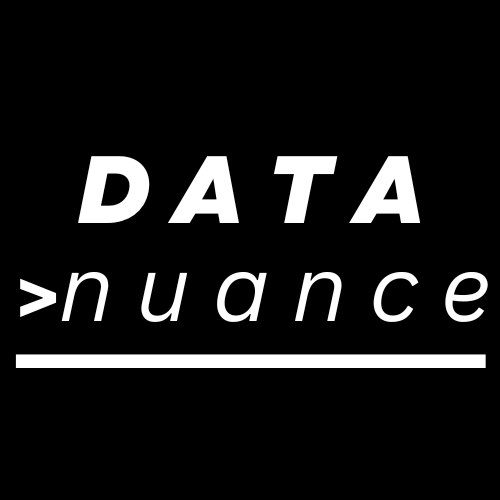Understanding Sensitive Personal Data in India
Introduction
Sensitive personal data refers to a specific category of personal information that requires enhanced protection due to its potential for misuse or harm in case it is disclosed. This type of data is subject to stricter regulations under laws like the General Data Protection Regulation (GDPR) in the European Union and Digital Personal Data Protection Act (DPDPA) and related rules.
However, the DPDPA has not been implemented in India yet. Till its implementation, what entails sensitive personal data is provided under the Information Technology (Reasonable Security Practices and Procedures and Sensitive Personal Data or Information) Rules, 2011 - popularly known as the SPDI Rules.
Understanding what constitutes sensitive personal data is crucial for organizations to ensure compliance with these regulations and protect individuals' rights. Rule 3 of the SPDI Rules provide for what entails sensitive personal data.
Sensitive Personal Data
Sensitive personal data includes information that is inherently private or could lead to misuse if mishandled. As per Rule 3 of the SPDI Rules, it encompasses the following: It encompasses a range of categories, including:
Categories of Sensitive Personal Data
- Passwords
- Financial information such as bank account or credit card or debit card or other payment instrument details
- Physical, physiological and mental health condition
- Sexual orientation
- Medical records and history
- Biometric information
- Any detail relating to the above clauses as provided to body corporate for providing service, and
- Any of the information received under above clauses by body corporate for processing, stored or processed under lawful contract or otherwise.
As of now sensitive personal data is provided for under Rule 3 of the SPDI Rules. These are to be read with Section 43A of the Information Technology Act, 2000 which provides for the compensation payable by body corporate in case they fail to protect the personal data they are in possession or control of. However, after the enactment of the DPDPA, Section 43A will be omitted. That implies that SPDI Rules will no longer apply. It is interesting to see what the Government of India plans to incorporate within the ambit of sensitive personal data once the DPDPA comes into force.
Importance of Protecting Sensitive Personal Data
It is important for every business and organisation to protect the sensitive personal data of their customers and employees for the following reasons:
1. Prevention of Misuse
Unauthorized access to sensitive data can lead to identity theft, financial fraud, or discrimination.
2. Compliance with Regulations
Laws like GDPR, Information Technology Act, 2000, SPDI Rules and DPDPA impose strict penalties for non-compliance with sensitive data protection requirements.
3. Maintenance of Trust
Safeguarding sensitive data helps maintain trust between individuals and organizations, ensuring that personal information is handled responsibly.
4. Mitigates Financial Risks
Data breaches can lead to significant financial losses including the cost for recovery, legal actions and loss of reputation.
5. Safeguard against Identity Theft
Exposed sensitive data can lead to various cyber offences including identity theft and fraud. This causes harm to the individuals who have lost their data and damaged the reputation of the organisation.
6. Maintaining Operational Resilience
Protecting sensitive data ensures that business operations remain uninterrupted even during cyber threats.
Understanding what constitutes sensitive data and implementing robust protection measures are crucial for maintaining compliance and protecting individuals' rights.
Conclusion
Protection of sensitive personal data demands special attention due to its potential impact on individuals and businesses if exposed. Understanding what constitutes sensitive data and implementing robust cyber security measures are crucial for maintaining compliance and protecting individuals' rights.
With Data> Nuance's comprehensive approach to implementing cyber security measures organisations can reduce their exposure to risk and potentially avoid data breach entirely.
Get Started with Data> Nuance
Stay compliant, stay safe. Reach out to Data> Nuance for an expert risk and compliance assessment. Ensure your practices meet legal standards while safeguarding your business from regulatory penalties. Let's make compliance effortless—before regulators make it expensive!
